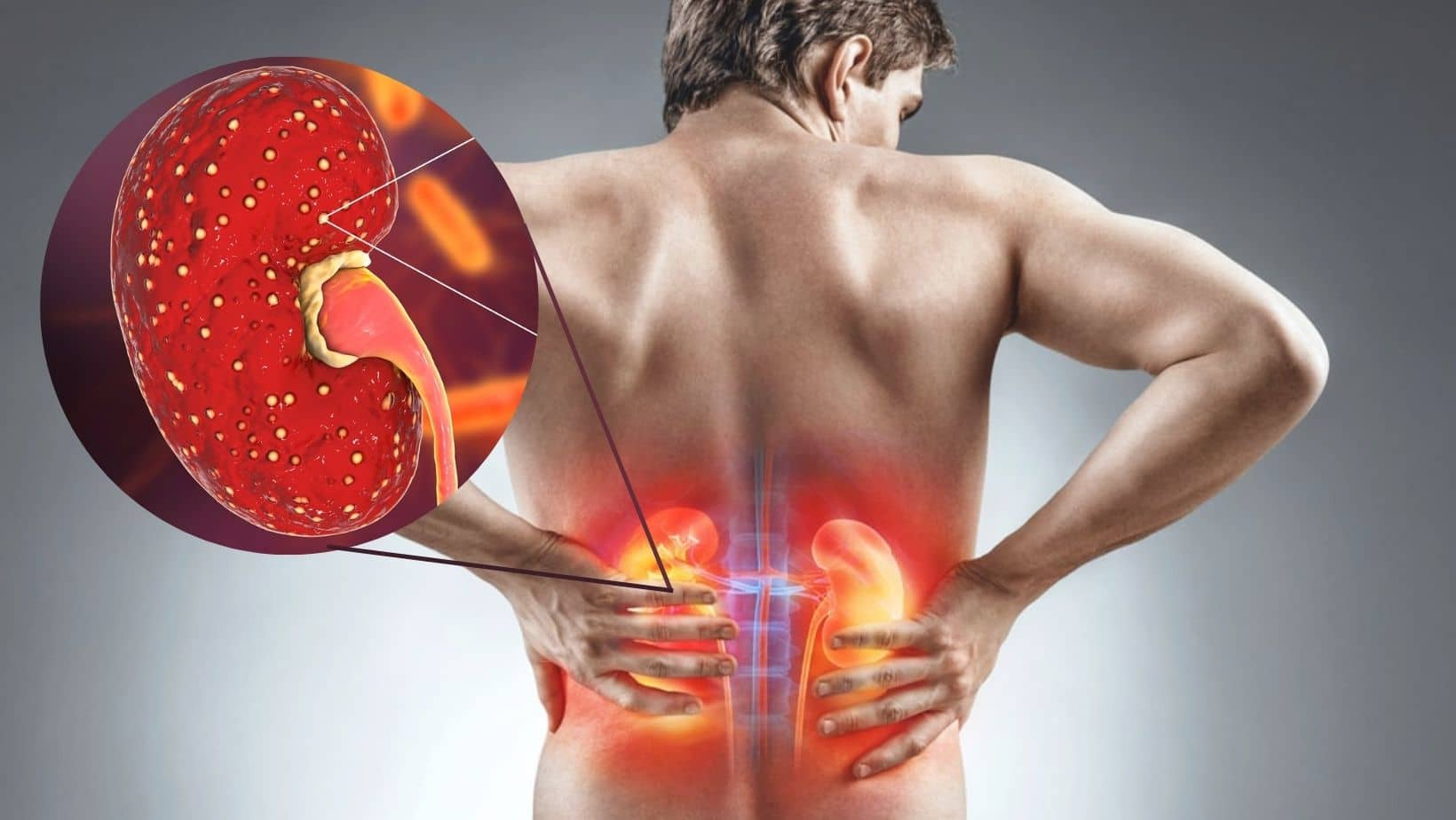Scientists have come closer to finding the exact cellular mechanism underlying the link between too much sugar consumption and metabolic diseases.
Our body needs sugar or glucose to survive, but too much is harmful for our health. Overconsumption of added sugar is associated weight gain and development of chronic diseases like diabetes, high blood pressure, cardiovascular disease, fatty liver and other metabolic disorders. But how eating too much sugar sets the stage for metabolic diseases on a cellular level has not been very clear among researchers. Now, a new study published in Cell Reports has suggested that surplus sugar may cause our cellular powerplants — called mitochondria — to become less efficient, reducing their energy output.
When there is too much glucose in cells, which is directly linked to the amount of sugar consumed in one’s diet, the lipid composition throughout the body gets affected, which in turn affects the integrity of mitochondria and their function, the authors explained.
The study led by Van Andel Institute scientists has also come up with a new model to study the initial metabolic events that may contribute to diabetes development.
Can a low-sugar ketogenic diet reverse metabolic disorders?
Using mouse models, the researchers showed that excess glucose reduces the concentration of polyunsaturated fatty acids (PUFAs) in the mitochondrial membrane, which makes mitochondria less efficient. Besides supporting mitochondrial function, PUFAs play vital roles in mediating a host of other biological processes such as inflammation, blood pressure and cellular communication.
Also, excess glucose is synthesized into a different form of fatty acid that is less efficient or flexible than PUFAs. This disrupts the lipid composition of the membrane and puts stress on the mitochondria, damaging them and impacting their performance.
Interestingly, the researchers were able to reverse this detrimental effect by feeding their mouse models a low-sugar ketogenic diet. This suggests that reducing glucose and restoring normal membrane lipid composition can improve mitochondrial integrity and function.
Consuming excess carbohydrates also reduces the beneficial effect of PUFA supplements, they researchers said.
Signs indicating onset of metabolic disease
Can we notice the difference in mitochondrial performance due to overconsumption of added sugar? Yes, our bodies do notice the difference right away, said researchers.
“If the lipid balance is thrown off for long enough, we may begin to feel subtle changes, such as tiring more quickly,” said Ning Wu, Ph.D., an assistant professor at Van Andel Institute and corresponding author of the study, as quoted by Science Daily.
That means getting tired very quickly could be a sign of the early stages of metabolic disease. However, the study does not offer medical recommendations.
Wu believe that their findings may pave the way for better prevention and therapeutic efforts.
Too much sugar can take a toll on your skin too
A study published last month in the Journal of Investigative Dermatology revealed that eating a diet high in sugar and fat can cause an imbalance in the gut’s microbial flora, which can lead to inflammatory skin disorders like psoriasis. Itchy, dry, and painful red patches are the signs of psoriasis. It occurs occurs when the immune cells mistakenly attack healthy cells and cause skin inflammation and the formation of scaly and red patches on the skin.
This post first appeared on The Health Site









